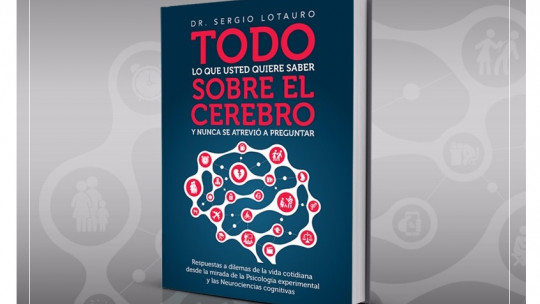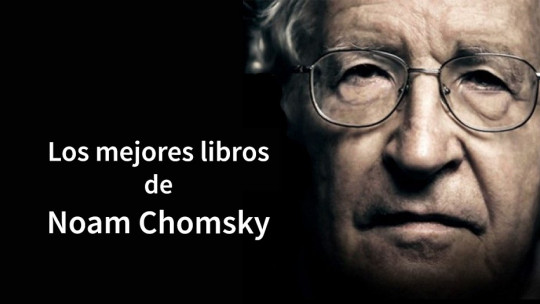
The four Agreementsby Miguel Ruiz, is one of my favorite books because thanks to reading it I have been able to better understand certain behaviors (both mine and others), and this knowledge has helped me gain much more self-confidence and a lot of peace of mind.
I don’t want to spoil the book; What I do want is for you to really want to read it, and for that I am going to highlight the main points covered in this wonderful book
Four commitments to mature
In summary, the four agreements that give their name to this work are the following.
1. Be impeccable with your words
Throughout the lines of this work, the author explains to us the power that words really have: both those that we say to others, as well as those that we receive and those that, in silence, we dedicate to ourselves.
Words have an impact on us. What we tell ourselves we are is what makes us who we really are, and not the other way around. That is why we must be very careful with how we treat ourselves and what we sincerely think about ourselves.
“Say only what you want to say,” recommends Don Miguel Ruiz. Avoid saying things you don’t mean simply to fit in with a group, for seeming “normal”. Also, don’t talk just to talk, because as I explained before, words have a real impact on others and what for one may mean nothing, for another can have a lot of value, both in a positive sense and in the opposite sense.
2. Don’t take anything personally
This section of the book is revealing, as it tells us how What others say and think about us only defines them because “what others say and do is a projection of their own reality.”
Remember if you have ever found out what others thought of you. Maybe it has made you feel bad, you have felt offended… It hurts to be criticized, we are affected by the opinion that others have of us, but we have to be aware that what others think of us It is not the reality of who we are, since their opinions are distorted by their own reality his perspective and his judgment.
Understanding this may be somewhat simple, but putting it into practice requires a lot of daily effort and a lot of patience. Like any healthy habit that we want to adopt, we must be patient and constant until we see results.
Maybe there will come a day when the opinions of others do not matter to us, that day is when we will be truly free, owners of ourselves and capable of being who we really are.
3. Don’t make assumptions.
As the author says, “find the courage to ask and express what you really want.”
How many times have you drawn your own conclusions without even asking? How many times have you been misunderstood, and by not clarifying things have misunderstandings been created? As easy as it is to ask to clarify a matter, we insist on drawing our own conclusions hastily and, in general, they tend to be disastrous.
Why is it that when a friend stops calling us, we tend to think that they are no longer interested in us or that they have forgotten about us? What if he is suffering a lot of stress at work and has even “forgotten” about his mother? If we ask, we get answers, and these They tend to be much closer to reality than our own conclusions.
“We tend to make assumptions about everything. The problem is that, in doing so, we believe that what we assume is true. We would swear it’s real. We make assumptions about what others do or think. (…) This is why whenever we make assumptions, we ask for trouble.”
On the other hand, in this section of the book we also explain the importance of saying what we think, to not keep our feelings to ourselves, to not be afraid to express ourselves. How many relationships have never happened due to fear of rejection? Even think about the things you have stopped saying for fear of being laughed at, for not knowing how to explain yourself well, or even for shame.
4. Always do the most you can.
The most one can do will always depend on the circumstances, since one cannot do the same thing on a day when one wakes up with energy as when one has the flu. Nor can we do the same thing at the end of the day when we are mentally exhausted as we do when we just woke up; It even depends on our mood. But what Miguel Ruiz explains to us is that we always do the most we can, understanding our circumstances and adapting to them, but as much as we can in each case.
When you do the most you can, you avoid regrets. Do you know that the important thing is to participate? Well yes, that is the important thing, but knowing that you did the best you could, that you gave everything that was in your power to give, because thanks to this you will avoid judging yourself and even mistreating yourself with phrases like “I am a failure”, “I should have tried harder”, “I am lazy”…
And these are, in summary, the four agreements that define this book It is a book that in my opinion we should all read, since you learn a lot about human behavior and it delves into the way of acting that people learn by general law.








